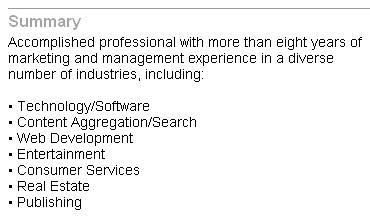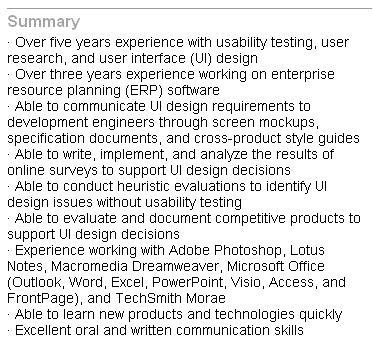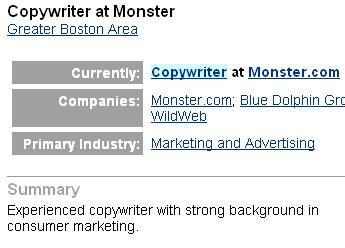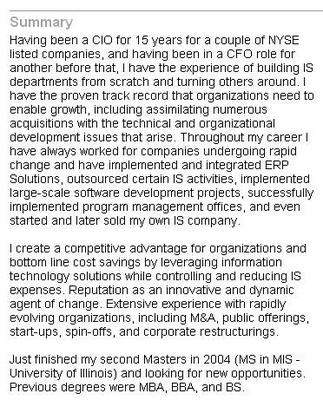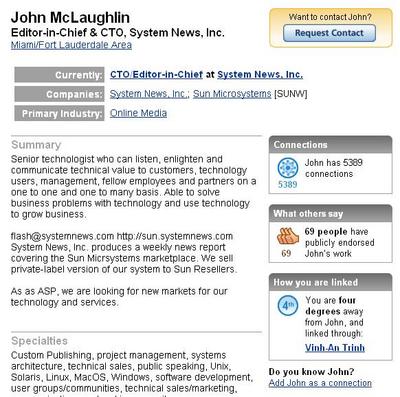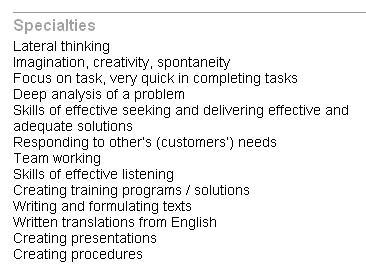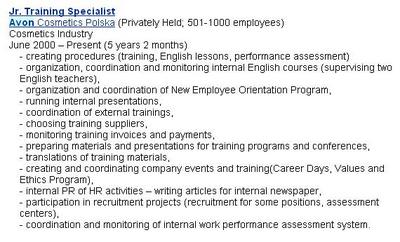About the Editor
Need help in writing your LinkedIn profile? I can help! My passion is to make you look REALLY good on paper, so that decision-makers will be excited about meeting you and possibly offer you responsible, fulfilling and, of course, lucrative jobs! Write to me at omnidigitalbrain@yahoo.com!





